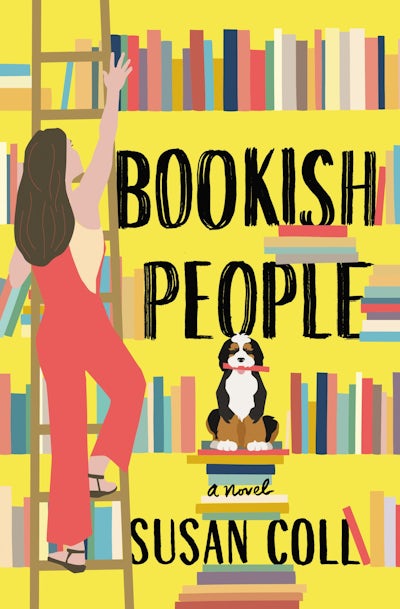TBR [to be read] is a semi-regular, invitation-only interview series with authors of newly released/forthcoming, interesting books who will tell us about their new work as well as offer tips on writing, stories about the publishing biz, and from time to time, a recipe.
Give us your elevator pitch: what’s your book about in 2-3 sentences?
The stories in Our
Sister Who Will Not Die explore brutal aspects of human behavior and the
complex, deeply human individuals beneath these acts. Patricide, enabling
addiction, domestic violence, the cruelty of which we’re capable and the
mistakes we make, these are stories about finding empathy for even our darkest,
most troubling moments as people.
Which story
did you most enjoy writing? Why? And which story gave you the most trouble, and
why?
“The Pleasures
of Television” was probably my favorite story to write, largely because I was
wrapped up in Sandy’s voice. I think embodying a voicey first person narrator, letting
the character unspool themselves is some of the most rewarding (and
pleasurable!) writing. Plus, Sandy and Beau’s game of “Watching TV” allowed for
more wordplay than my stories typically offer, and who doesn’t love a good pun.
“Our Sister Who Will Not Die” was perhaps the trickiest to write in part
because of its large cast, but also the play-like monologues. It’s a story that
didn’t feel wholly right until my final read-through of the manuscript post
copy-edits.
Tell us a
bit about the highs and lows of your book’s road to publication.
These stories
were drafted over the course of two years of workshop, and my original hope was
to wait for that elusive two-book deal. I had an early agent who gave me faith
in the stories, but eventually we decided to part ways, largely due to a novel that
was giving me a lot of pain. I decided at some point, well, if the two-book
deal isn’t going to happen, I’ll submit to some contests because why not. And
then, of course, I ended up winning The Journal’s Non/Fiction prize,
thanks to their kind staff and Nick White. I was surprised because it was the
first contest I heard back from, and because these stories weren’t easy to
place. A number of them were those stories that get multiple personal
rejections from great journals but just never find a home. But my hope is that
collectively they form a whole stronger or more palatable than their parts.
What’s your
favorite piece of writing advice?
I believe that
sheer endurance, perseverance through rejection is likely the best advice or
most necessary. To somehow maintain hope and just keep writing—but in terms of
concrete advice, I’ve been thinking a lot about what one of my professors said
during my defense, Miroslav Penkov, a brilliant writer and teacher. He said, a
novel must have memorable scenes. Which probably seems obvious but has been so
helpful to me. I tend to write in the page a day, plug away style, and this
helps give me focus. What are the scenes I’m writing toward? What are these
stand out moments going to be? What do I want readers to remember?
My favorite
writing advice is “write until something surprises you.” What surprised you in
the writing of this book?
To be honest,
what might be most surprising to me was getting my blurbs and realizing how
dark these stories appeared to others. Or perhaps, the cohesive story the
blurbs painted. I feel such abiding love for my characters, even in their
moments of intense failure and frailty, though I also recognize not everyone
might feel that way. I didn’t set out to write dark stories, I set out to
understand how/why people would do things that seemed inexplicable to me, and
through that it meant facing those worst parts of ourselves.
How did you
find the title of your book?
My original
title as I was drafting the stories was “Bad Things to Such Good People” which is
a song title by the band Pedro the Lion, something I listened to in my early
20s. I liked this idea of emphasizing
these people as good, though I guess there’s the potential to misread it as
irony. I was teaching at a men’s prison, and in part that influenced the
stories, wanting to compel people to see other humans as having worth beyond
their worst actions. The press thought “Our Sister Who Will Not Die” was a much
better title, and my agent agreed, and I believe they were correct.
Inquiring
foodies and hungry book clubs want to know: Any food/s associated with your
book? (Any recipes I might share?)
Maxine’s
chicken involtini comes to mind first, though a disclaimer I have never made
this myself. I worked at an awesome Italian restaurant during college which is
where the inspiration for the dish came from in the story. Here’s a recipe that looks
good!
*****
READ MORE
ABOUT THIS AUTHOR: www.rebeccaibernard.com
ORDER THIS
BOOK FOR YOUR OWN TBR STACK: https://ohiostatepress.org/books/titles/9780814258408.html
READ A STORY
FROM THIS BOOK, “First Date”: https://witness.blackmountaininstitute.org/issues/vol-xxxi-2-summer-2018/first-date/



